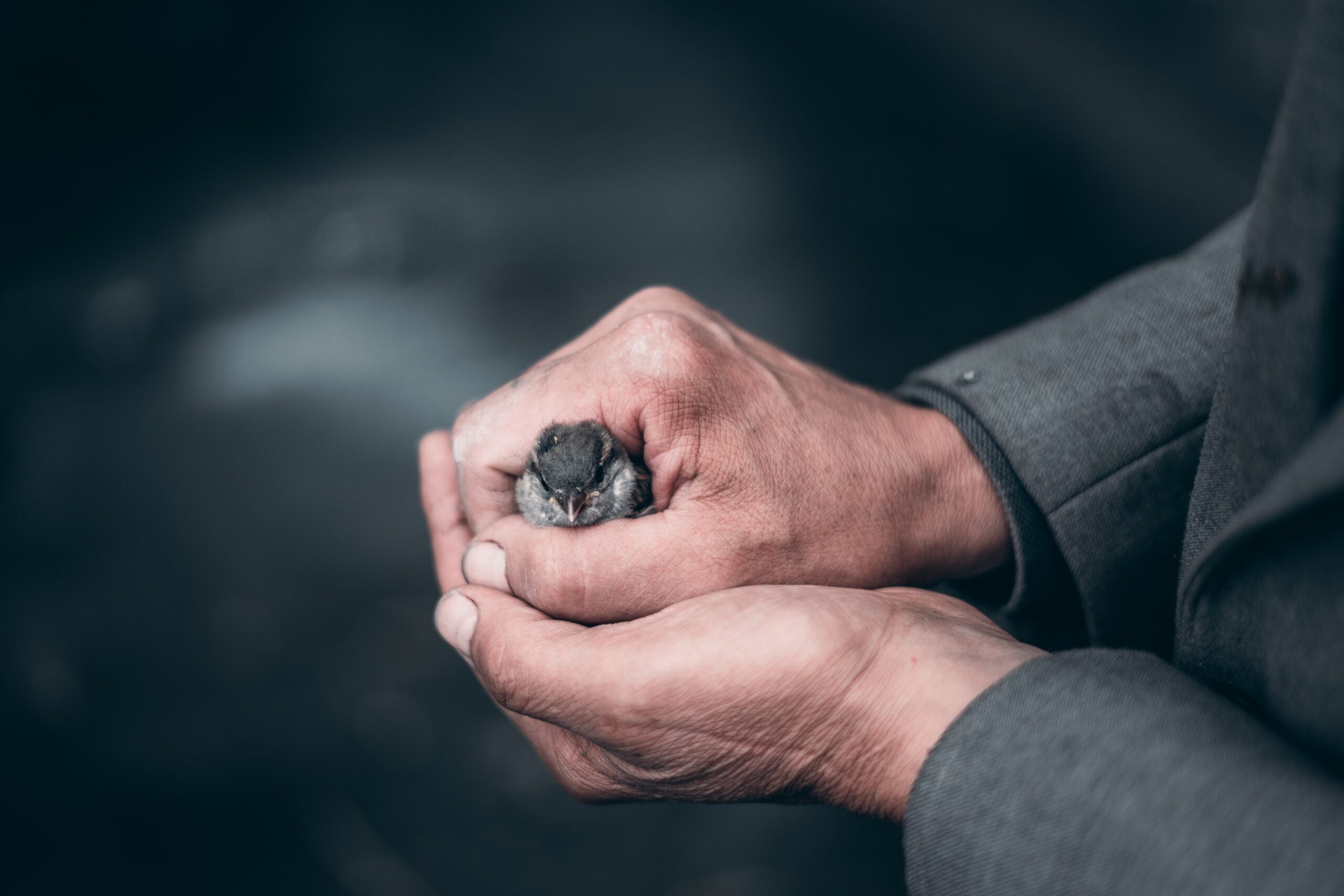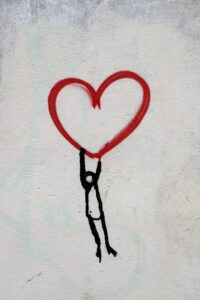The narrative of "I suck"
Ethan Nichtern, a widely respected Buddhist and meditation teacher in New York City, recently wrote something on Twitter that resonated with many: “Been meditating for almost twenty-five years. Self-critical thoughts still come. I still think 'I suck' on a regular basis.” Self-love and self-acceptance don't come easy. Not even for those who have had a lot of practice.
We all have our own versions of "I suck" that we've been carrying around with ourselves, probably for a lifetime – or several lifetimes. I have yet to meet someone who hasn't struggled with issues of self-worth. We all feel “not good enough” and we all feel ashamed or guilty because we think we should be more than we are. It's like a wound that never seems to heal.
Sucking the life out of you
What happens when there's a wound in the body and we don't let it heal properly? The wound becomes infected. The immune system uses its resources to keep the infection in check. Resources that are then no longer available to us to do other things.
The same is true of emotional wounds. We use up a lot of energy to keep that hurt in check and the pain from branching out too far.
For a physical wound to heal properly, we need to give the body time and rest. In a similar way, healing our heart takes time and requires some awareness that there's a wound to begin with. But who wants to pause and look at their emotional pain? We instinctively fear being overwhelmed by it.
That's a real possibility, according to Dr. Gabor Maté, addiction expert and author of The Realm of Hungry Ghosts: “The best the brain can do is to shut down conscious awareness of it, when pain becomes so vast or unbearable that it threatens to overwhelm our capacity to function. The automatic repression of painful emotion is a helpless child's prime defence mechanism and can enable the child to endure trauma that would otherwise be catastrophic.”
So we tune out. We reach for things that numb the pain. That's smart in terms of survival. But then, we can never stop running away from the pain.
The rush to save the world
That makes us all think of substance addicts whose lives revolve around their next hit. But the self-preserving instinct to turn away from pain is just as wide-spread in yoga communities. At least, that has been my personal experience. In the yoga scene, I find we are often in a rush to save the world. We become vegan and produce zero waste to save the planet. We teach yoga in prison and to refugees and to dementia patients.
While I think it's wonderful to hold other people's hands as they walk through their pain, I wonder: Why aren't we okay to feel our own? Unfortunately, we need to be able to look at the wound and tend to it for it to heal. But here we are, professing that we want all beings to be happy and free when we can't say one nice thing about ourselves. We'd rather take care of other people's pain, if that means we can avoid our own.
If we serve others selflessly and tirelessly but have thoughts of self-loathing the minute we stop, then saving the world is just another way of escape. Serving others compulsively becomes another way to keep running, like being a workaholic or addicted to online shopping.
Secure your own mask first
You may ask: But what's the problem? Who cares how I feel, as long as the world is being saved? The problem is that we won't get far. Just like we won't get far if we literally try to run away on a wounded leg.
Aviation had it right all along: "Secure your own mask first, before helping others." Because we can't help anyone, if we don't help ourselves first. We can't light the way for anyone, if we don't dare dispel our own shadows.
Many yoga teachers burn out. I came close once myself. I always thought it was because we teach so much to make ends meet. But that's not the whole truth: While keeping busy helping others we can forego looking at our own pain. But our "I suck" still gnaws away at us, somewhere in the back of our minds or hearts.
The mantra we use for loving kindness practice in the Buddhist tradition – the Metta mantra – begins with ourselves: “May I be happy, may I be healthy, may I be safe, may I live with ease.” I like to think that centuries ago the wise elders in East already knew this: It starts with us. We need to see where it hurts, in order to be okay one day. Sometimes we must take a break from busting our ass to save others. We need to heal our heart first, otherwise we won't be of much use in the long run.
Read more about about Metta practice here



No comments.